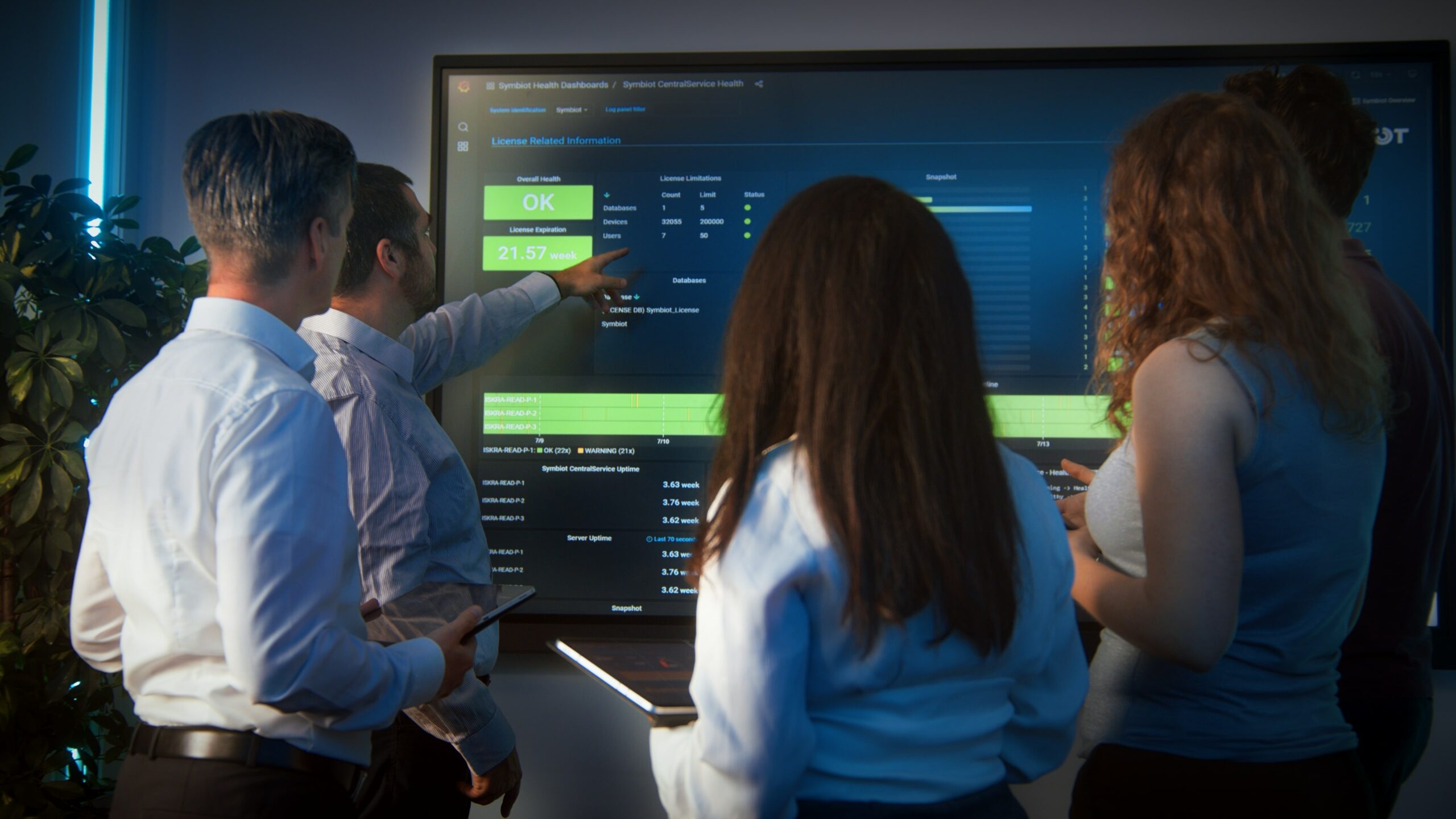A practical real-life example can illustrate that quality and creativity are not mutually exclusive. Amid fulfilling a substantial order from a valued client, challenges arose in the production of meters and cabinets. The unique nature of the cabinet material added complexity to delivery schedules and logistics. As the Factory Acceptance Test (FAT) approached, our team worked diligently to meet the client’s expectations. On the day of the FAT, unexpected issues surfaced, highlighting the importance of adaptability. The material for the meter cabinets was stuck at the post office. An employee immediately took action to find an out-of-the-box solution, and the inspectors readily approved both the meters and cabinets.
The scenario emphasizes the imperative of meeting customer needs with a requisite level of adaptability. This instance emphasized the commitment to delivering on promises and ensuring customer satisfaction even in the face of unforeseen obstacles with the help of quick thinking and resourcefulness.
Consumers are looking for creative solutions that meet their actual requirements, not just ones that follow the rules set by the industry. Companies can show that they are genuinely committed to meeting these needs without sacrificing quality by thinking creatively. Creativity is not about abandoning established processes; it’s about refining them. As Henry Ford, the founder of the Ford Motor Company, asserted, “If you always do what you’ve always done, you’ll always get what you’ve always gotten.” This quote underscores the need for innovation and the importance of challenging conventional thinking to achieve quality and progress.



